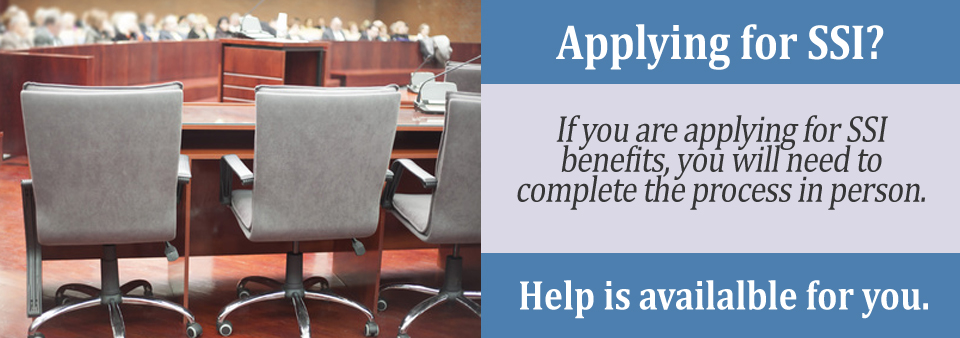When you’re unable to work, disability benefits are just one type of financial assistance for which you may qualify. Support through other local, state, and federal programs can also help you and your family survive without your income from employment. Many disability applicants additionally receive benefits from a private retirement fund or the Veteran’s Administration (VA).
The Social Security Administration (SSA) must review your finances when determining eligibility for Social Security Disability Insurance (SSDI) and Supplemental Security Income (SSI). This review includes a look at all income sources and other benefits. In some cases, the other benefits you receive can affect approval for SSI or the amount of your monthly SSDI and/or SSI benefit payments.
Private Retirement Benefits and Social Security
If you have a private IRA or 401k, your retirement benefits will have no affect on SSDI eligibility or payment amounts, as long as you paid taxes on your contributions. Retirement plan income however can stop you from receiving SSI or may reduce the amount of your monthly SSI payments. SSI is a need-based program, and your income from all countable sources cannot exceed the Federal Benefit Rate (FBR), which is $733.00 per month for 2016.

Veteran’s Disability Benefits and Social Security Benefits
You can receive VA disability payments at the same time as Social Security disability, and without any penalty or reduction in benefits paid through either program. VA disability doesn’t affect SSDI, nor are VA benefits “countable” for SSI eligibility.
Government Pensions and Social Security Benefits
Retirement or annuity payments you receive through a government pension can reduce the amount of your Social Security disability payments. This is because most contributions to government pensions and annuities are tax-free. The SSA refers to this reduction as an “offset,” and provides information on how the calculation of benefits works in its Government Pension Offset pamphlet.
Workers’ Compensation and Other Disability Benefits
Disability payments from private insurance or retirement plans don’t affect Social Security disability, but workers’ compensation and other public disability benefits can. Public disability programs may include benefits from a Civil Service or State Temporary Disability program, for example.
If you receive Workers’ Comp or public disability, then SSA limits your total payments from all sources to 80 percent of your average, pre-disability income. In other words, your monthly Social Security disability payments may be reduced to ensure you don’t exceed the 80 percent allowable total.
SNAP, TANF, and Other Income-based Benefits
Supplemental Nutritional Assistance (SNAP), Temporary Assistance to Needy Families (TANF), and other federal, state, and local need-based assistance programs are not counted for SSI purposes, nor are these kinds of benefits something that affect SSDI. HUD housing subsidies are also excluded from consideration and therefore have no affect on Social Security disability benefits.
How Disability and Your Other Benefits Will Work Together
Many benefits and low-income assistance programs have no affect on eligibility for disability or benefit payment amounts, especially for SSDI. If you receive SSI however, then understanding exactly how your other benefits and Social Security disability will work together can be difficult and a bit intimidating.
A Social Security representative at your local office can help. If you have a social worker or Social Security disability attorney or advocate, he or she can assist you with the intricacies of continued eligibility and potentially the calculation of payment amounts as well.